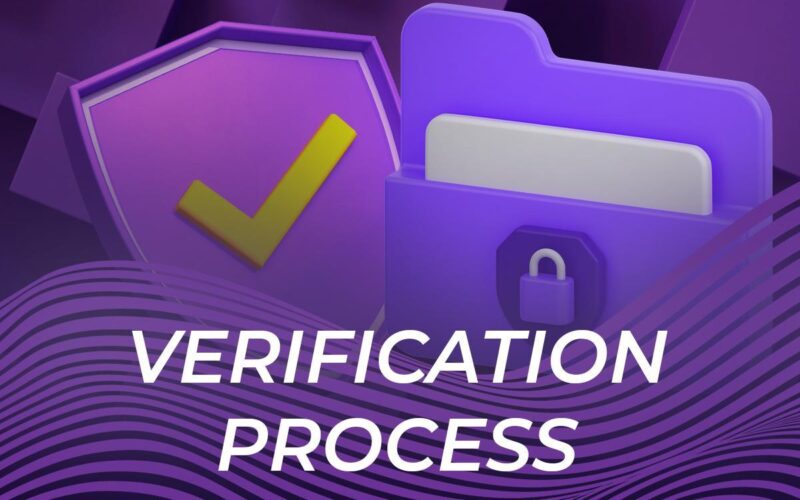
If you plan on pursuing a vocational career, choosing the right school is crucial. But with so many options out there, how do you know which one will truly prepare you for future success?
This guide simplifies the process with practical tips.
Verify Accreditation and Certifications
Check if the vocational school you’re considering has proper accreditation.
Accreditation confirms that the institution meets educational and industry standards, ensuring your diploma or certificate is recognized by employers. Without it, you might face barriers to getting licensed or employed in your chosen field.
For example, nursing programs often require accreditation from organizations like ACEN to qualify graduates for licensing exams.
Verify certifications, too. Programs tied to industry-specific credentials boost credibility with potential employers.
This step safeguards both your education investment and career eligibility down the line.
Assess the Curriculum’s Relevance to Your Career Goals
Examine the courses offered – beyond accreditation. Do they align with your career path? The best vocational programs provide a curriculum that mirrors current industry needs and trends.
For instance, if you’re looking at CDL and HVAC school options, confirm the program includes hands-on activities such as driving practice or practical training in HVAC system repairs.
Make sure the coursework reflects current technologies and methods used in your chosen field.
A well-structured program equips you with both knowledge and experience – preparing you for job market demands right after graduation.
Evaluate Post-Graduation Success Metrics
Research the school’s job placement rates and alumni success stories. A high placement rate indicates strong industry connections and a curriculum that prepares students for real-world careers.
For example, if you’re considering studying automotive technology, check how many graduates secure roles in respected auto shops or dealerships.

Some schools even publish salary data for alumni within specific trades.
Ask about graduate support services like career counseling or resume help, too.
Schools with solid post-graduation outcomes show they’re committed to helping students succeed beyond the classroom.
These metrics provide a clear picture of whether the investment will lead to tangible career results.
Analyze the Cost and Financial Aid Options Available
Compare tuition fees between schools, and understand the total cost of your program.
Some vocational programs can be expensive, especially those requiring specialized equipment or facilities. Make sure you know what’s included in the costs, such as tools, uniforms, or certification exams.
And look into financial aid options like scholarships, grants, or payment plans offered by the school. Many trade schools offer need-based grants for students pursuing high-demand fields like welding or healthcare.
Contact the school’s financial aid office to ask specific questions about eligibility and deadlines.
Planning ahead ensures you won’t face unexpected expenses that disrupt your education goals.
Check Feedback from Alumni or Current Students
Talk to former or current students to get honest insights about the school. They can provide valuable details about the quality of teaching, available resources, and how well the program prepares you for real-world jobs.
For example, a graduate of an electrician program might share whether their training met industry expectations and helped secure certification.
Ask alumni if they’d recommend the school based on their experiences.
First-hand accounts give you a clearer picture of what to expect and whether it’s worth your investment in time and money.
Check online reviews on platforms like Google or specialized forums for trade careers, too.
Final Thoughts
The right vocational school empowers your ambitions and opens doors to opportunity. Invest time in understanding what truly matters to you. Your future career deserves a strong foundation built on thoughtful choices.







